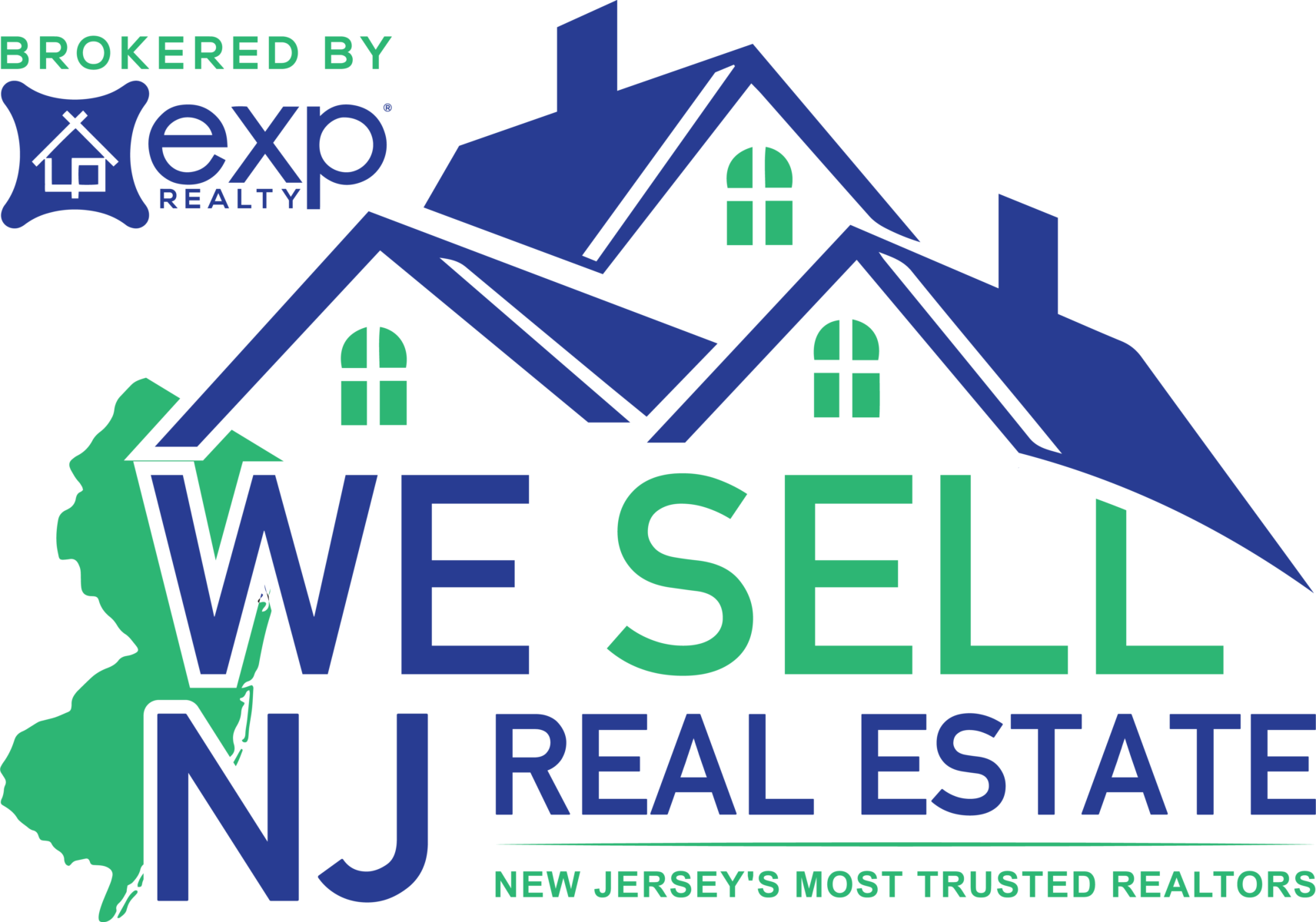Homeowners associations – or HOAs – are becoming a more common sight in the world of real estate. If you’re part of one, they come with some added hurdles when selling your home. To make things crystal clear, here’s what you need to know about selling a New Jersey house in an HOA.
Do Your Research
Before you get the ball rolling with open houses and showings, it’s very important you thoroughly research any and all bylaws pertaining to your specific HOA.
These bylaws can vary wildly from one HOA to another, and you don’t want to come to your closing date only to find out the sale cannot legally go through. In most cases, the sale of the home will have to be approved by the board of the HOA, and it’s a good idea to avoid getting yourself stuck in a situation that ruins a great offer because you’re in the dark about any HOA bylaws.
A great place to start researching your HOA’s bylaws is with any documentation or online resources about the HOA that was provided to you from the previous owner of the property.
Notify and Comply
Once you’re familiar with what you need to know about selling with an HOA, you need to notify the HOA that you’re planning to sell the property and move.
Some HOAs may require notification before anything may proceed with the sale. Failure to follow the bylaws for selling your home in your HOA will almost certainly result in nothing but complications, fines, stress, and frustration.
The HOA is there to work with its members to provide what is determined to be a pleasant and cohesive neighborhood experience for all residents involved. Treat them as a friendly asset rather than an adversary.
Provide Documentation
When you moved into your home, you were given a new resident packet that contains a lot of necessary information, or you were told where you can find that information online.
This important packet of information is intended to be transferred from one owner of the property to the subsequent owner. It functions to keep everyone informed of what the HOA is, what it does for them, the rules and regulations of the properties under the HOA, and any financial obligations of the owner to the HOA.
There could be additional information contained in this packet, such as HOA budget and explanation of finances, certification of any upgrades or improvements done to your property, and possibly even a copy of the master insurance policy covering your home.
When selling your home in an HOA you need to disclose this to any potential buyers and provide them a copy of the HOA documentation to keep things above board throughout the sale of your home.
Know Your Additional Costs
One of the most important things to know about selling your home in an HOA is that you may run into additional costs during the sale of your home, or at least at closing. These costs will also be different not just from HOA to HOA but also different from city to city and state to state.
Some states are beginning to require payment at closing to the HOA that is a certain percentage of the sale price of the home, while other states, cities, or HOAs may only charge a flat fee at closing.
Often, the fees charged by the HOA are to cover administrative and clerical costs when transferring ownership between parties. Take the time to break down all of these additional costs and carefully factor them into any negotiations before approving anything.
